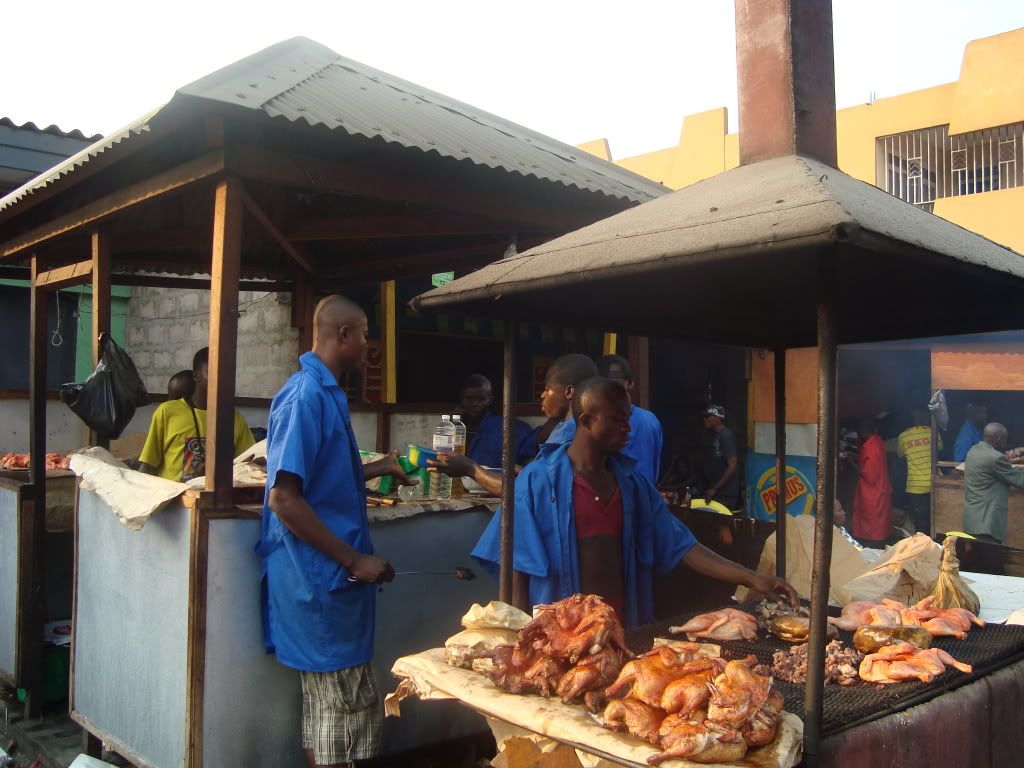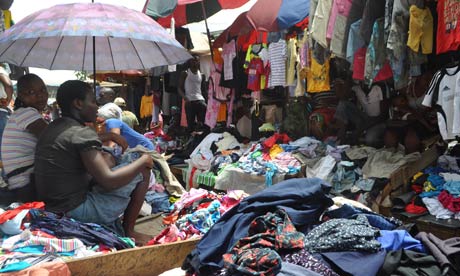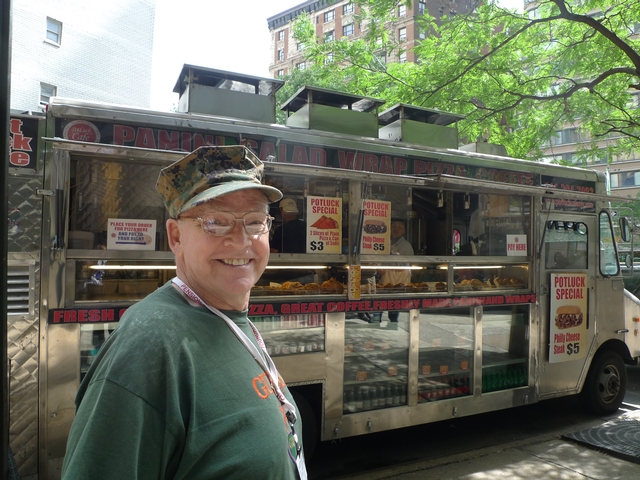 |
| One new housing project has no water. |
- $7.5 billion has been spent so far. That's $740 for every man, woman, and child in the country.
- Three years on from the disaster, 357,785 Haitians (3.5 percent of the country's population) are still living in tent cities.
- Much of the money spent went to aid-workers salaries. For instance, perhaps $400 million of the $2.2 billion disbursed for humanitarian aide went to U.S. Department of Defense, to pay the 22,000 troops who were operating in Haiti.
- Even well-respected aid groups spend much of their money on staffing. One-third of the $96 million spent by Oxfam went to management and logistics, while Doctors Without Borders spent 58 percent of its $135 million outlay on staff and transportation.
- the "primary resettlement tool" most agencies are using involves handing out cash grants of around $400 per family to get people to leave the temporary camps.
- Only $215 million (or less than 3 percent of the total) has been allocated for permanent housing.
- An American-led project to build homes in rural Caracol cost $31,400 per house. Haitians generally build single-family homes in Port-au-Prince for one-fifth that amount--or around $6,000. As of a month ago, only 70 of the 750 homes were finished.
Part of the problem, Leitmann told the paper, was that many people--including some very high in Haitian government--wanted to use the earthquake as a tool to de-densify Port-au-Prince. "There were all sorts of fantasies about shutting down the mess that is Port-au-Prince before people started to understand that there is a huge amount of capital built up in the city and chaotic as it is you don’t throw it out."
Clearly, the missing ingredient in this relief effort were the people themselves and their haphazard but effective local structures. Why shut out their initiative. Wouldn't the aid groups have been much more efficient if they had been willing to work with System D entrepreneurs and associations--in other words, with the people they were hoping to help.



























